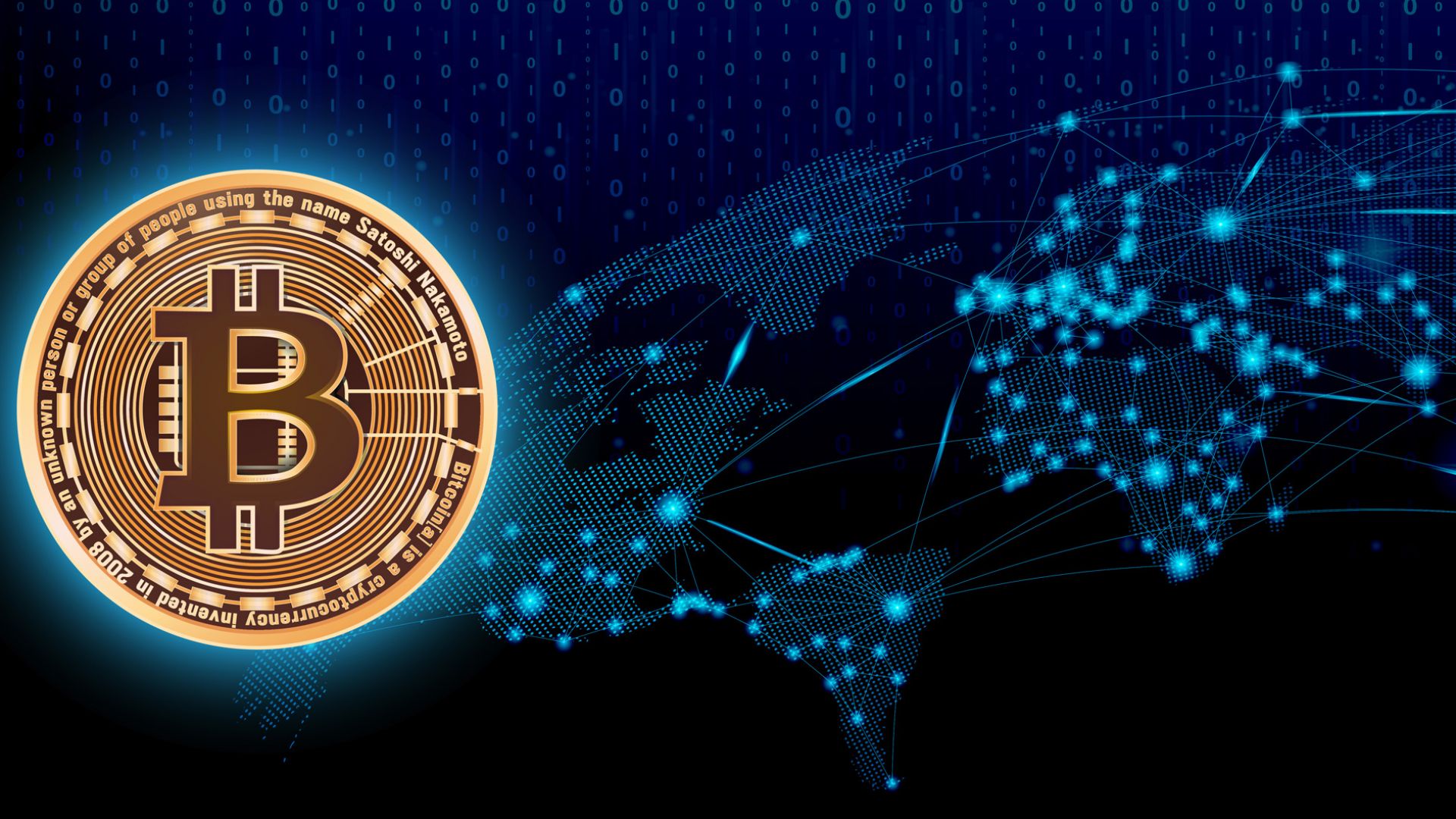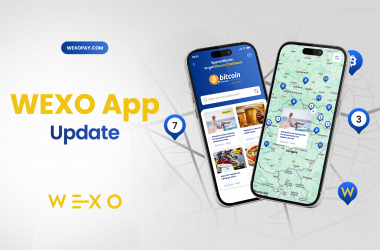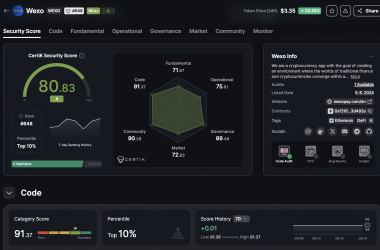Top 5 leading countries in blockchain adoption
BLOCKCHAIN KRIPTOVALUTA Decentralizált alkalmazások (dApps) METAVERSE13-Mar-2023

TOP bejegyzések

Wexo Points: Find places where you can pay with Bitcoin (App Up...
Search nearby businesses that accept Bitcoin payments
BővebbenTop 5 leading countries in blockchain adoption
Most countries are investing in the development of blockchain technologies to support solutions to various social and economic problems. The updated list of countries represents the leaders in blockchain adoption in terms of innovative solutions and the creation of a favorable regulatory environment for the arrival of technology companies.
1. El Salvador - The government approved $150 million in the state development budget and set up a network of ATMs to send cryptocurrencies.
2. Portugal - the country has created a favorable environment for blockchain and is trying to use it in the field of public services, healthcare and logistics.
3. Singapore - due to the favorable regulatory environment, Singapore has become a popular place for the registration of many crypto companies.
4. Malta - many businesses using blockchain in the supply chain of products such as wine or olive oil are thriving on the island.
5. United Arab Emirates - In February 2023, the Emirate of Ras Al Khaimah (RAK) announced the creation of the world's first free trade zone dedicated to virtual assets and digital companies.
Blockchain technology can increase the productivity, security and transparency of many sectors of the economy. And that's why countries that recognize its potential actively use it.
Meta works on its own decentralized social platform

Meta, formerly known as Facebook, is currently in the early stages of developing a new decentralized social media platform called P92. The platform is expected to be a text-based application that will allow creators and public figures to share timely updates about their interests. The new app will support ActivityPub, a protocol used by decentralized social networks like Mastodon. Meta has not yet given any details on when they plan to release the app.
Meta's move towards decentralization is seen as an attempt to create a competitor to Mastodon or Twitter, which gained attention after Elon Musk's takeover. Decentralization offers several advantages over traditional social media platforms, including increased privacy and security, greater control over personal data, and greater freedom of expression. While Meta has a history of launching failed apps, their entry into the decentralized social media space could encourage competition to develop, ultimately benefiting users themselves.
South Korea launches metaverse fund to accelerate Web3 adoption

While some global economies have been distracted by the uproar over price volatility and the collapse of the cryptocurrency ecosystem, South Korea has doubled down on its outlook on the metaverse, which it sees as a new engine for its economic growth.
South Korea has launched a Metaverse fund to support the rapid development of metaverse projects in the country. The fund will help with mergers and acquisitions of various companies with metaverse ecosystems. The South Korean government has invested 24 billion Korean won ($18.1 million) to develop the metaverse. The reason for the creation of the mentioned fund is the growing interest of large technology companies to build in this digital world.
Already in January of this year, a digital copy of the city of Seoul was launched in the metaverse. The project was funded by the government of the Republic of South Korea to the tune of approximately 2 billion Korean won (US$1.6 million).


